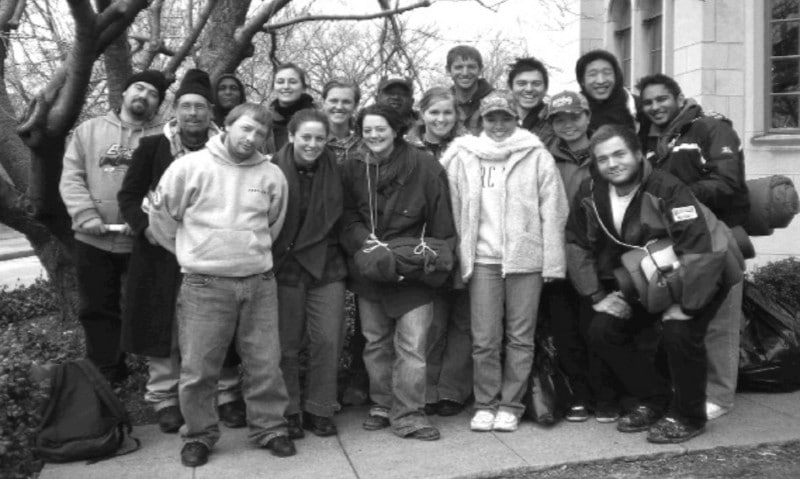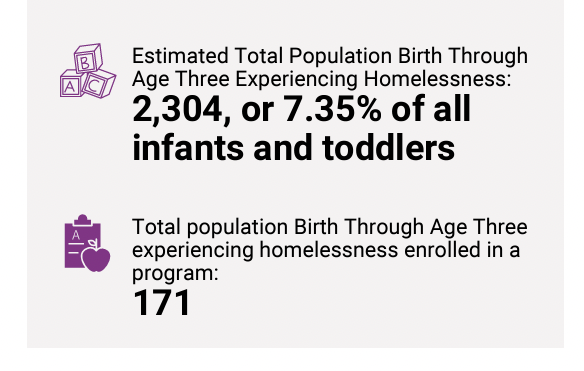During the month of March, college students from all over the area spend part of their spring break experiencing something different – something they’ve never done before. They become homeless for 48 hours. The National Coalition for the Homeless (NCH) began what is now known as the Homeless Challenge back in the 1980s. Geared toward increasing awareness of homeless issues, it teaches students exactly how it feels to be on the street without food or permanent shelter.
Jony Bell, NCH’s Homeless Challenge director, has put together events for an estimated nine different universities this year alone. Groups usually consist of 12 participants who are then divided into smaller groups of three to four. Group guides, who are homeless themselves, lead the students to specific shelters or soup kitchens, sharing their expertise on how to “panhandle,” or ask passersby for money, and where to find the best places to eat and sleep.
Vanderbilt University recently sent a group of 12 students to experience homelessness and learn about current issues involving homeless people. The students learned not only about the way a homeless person lives but about their own notions about homelessness.
Julie Won, a 22-year-old college student, said, “My low point was when I realized how prideful I was. I wanted to blow my cover and tell everyone that I was actually a college student at a nice university and didn’t need help. It was embarrassing, and I feel very naive.”
There were stories of terribly rude and mean encounters with D.C. citizens, but some of the students had stories of generosity to share after the event as well. Michelle Leung, 19, had been sitting in a restaurant for a very long time but had no money for food. Finally the manager came up to her and told her to follow him. “The manager took me to the back of the café and fed me. He risked his job to give me something to eat,” Leung said.
Several students also said that they had felt that they were under the watchful eyes of other people at all times. Everyone was wary of them, and they felt very alone. Trevor Burbank, 19, said, “At certain points I did not feel that I was part of either community – society or the homeless. Neither group wanted me, and I felt like we were invading someone’s territory, because sometimes a few other homeless people would start following us and glaring at us.”
Many students’ favorite part of the experience was finding help where they least expected it from those who were less fortunate then they were. Skyler Jacobs, 19, received more than she had expected when she asked someone for money: “We were in Franklin Park and I really wanted to try panhandling but couldn’t find the nerve. When I finally asked this woman in her twenties, she stopped and just looked at me. She then came and sat next to me and said, ‘Tell me your story.’
I told her my fake story, and as I lied it made me feel terrible. The woman opened up her coat and pulled out the tag, saying, ‘Well, I am unemployed right now and the jacket I am wearing I can no longer afford, so I’m on my way to return it.’”
Jacobs said that the woman continued, saying, “During these tough times we all need to help each other.” Then she gave Jacobs two dollars and walked away.
“This is the exact kind of story we are looking for,” Bell stated. He explained that “the ultimate goal is to break down the stereotypes. It’s about educating these students so that once they know what the issues are they have the knowledge and can act on it.”
The minimum age for participants in the Homeless Challange is 18. If you are interested, contact your university.








